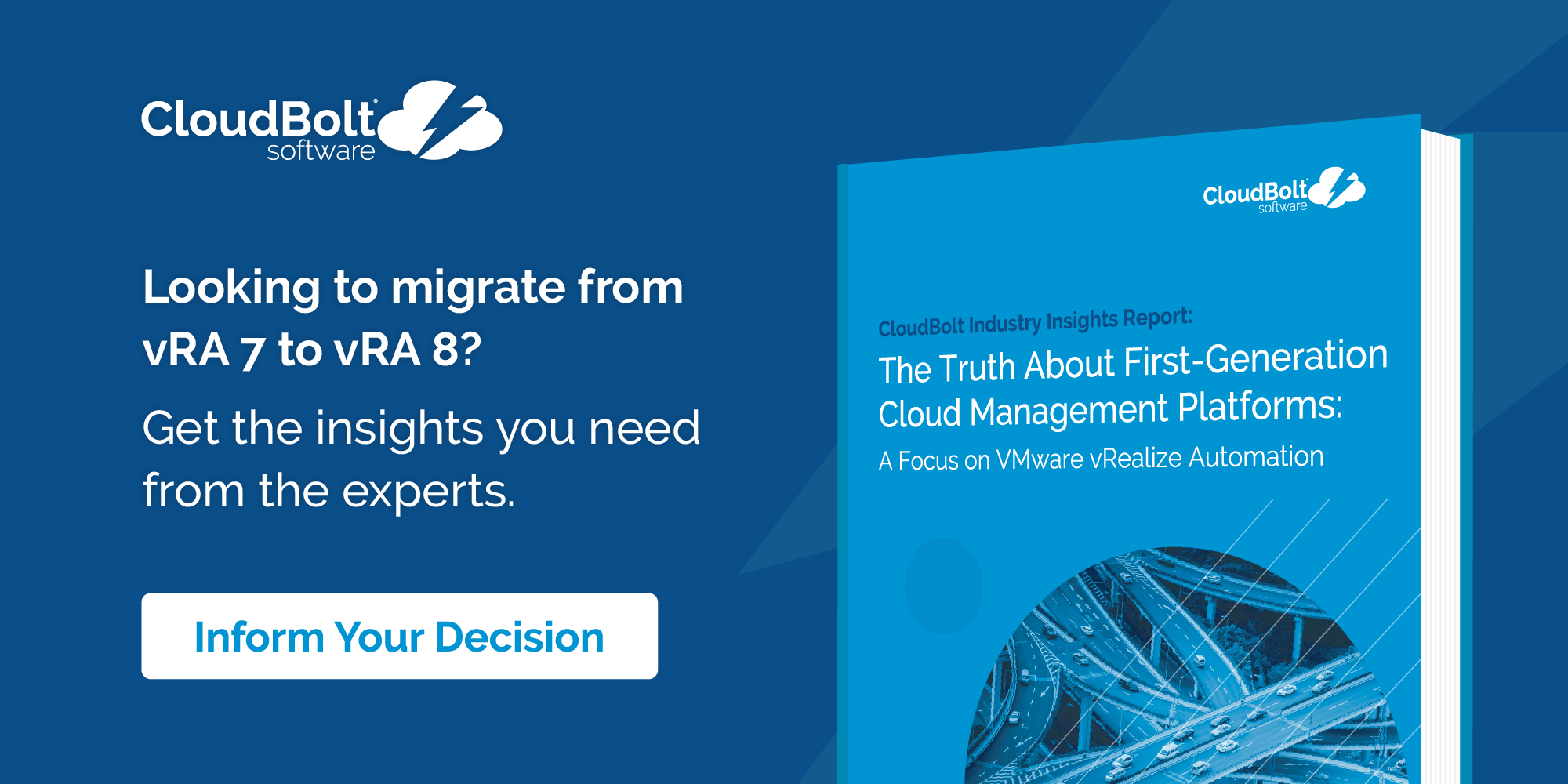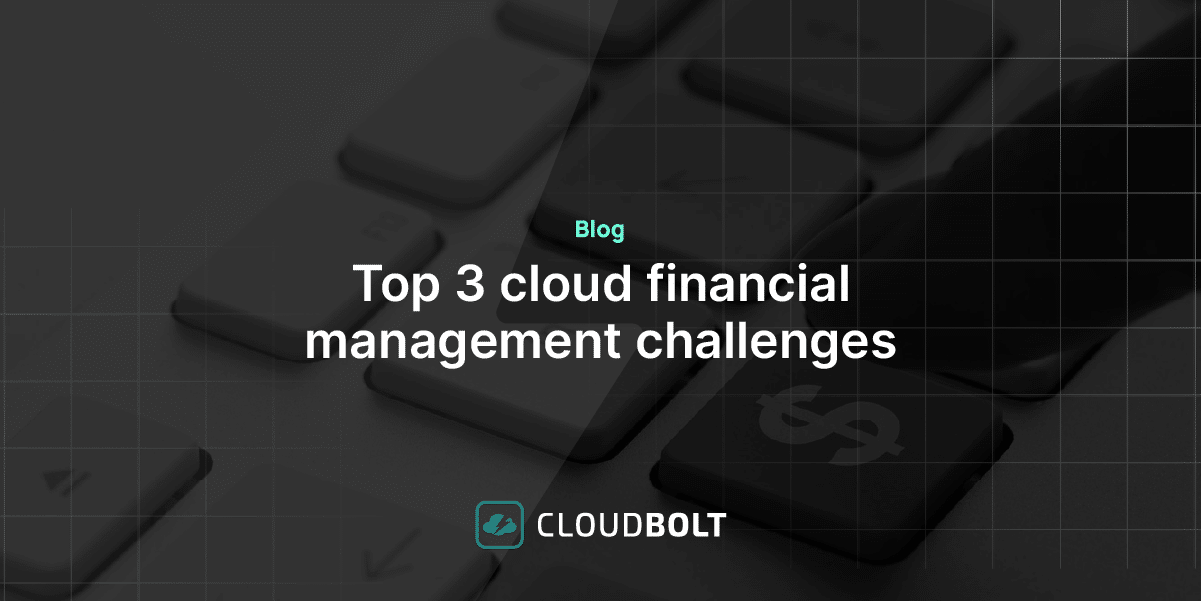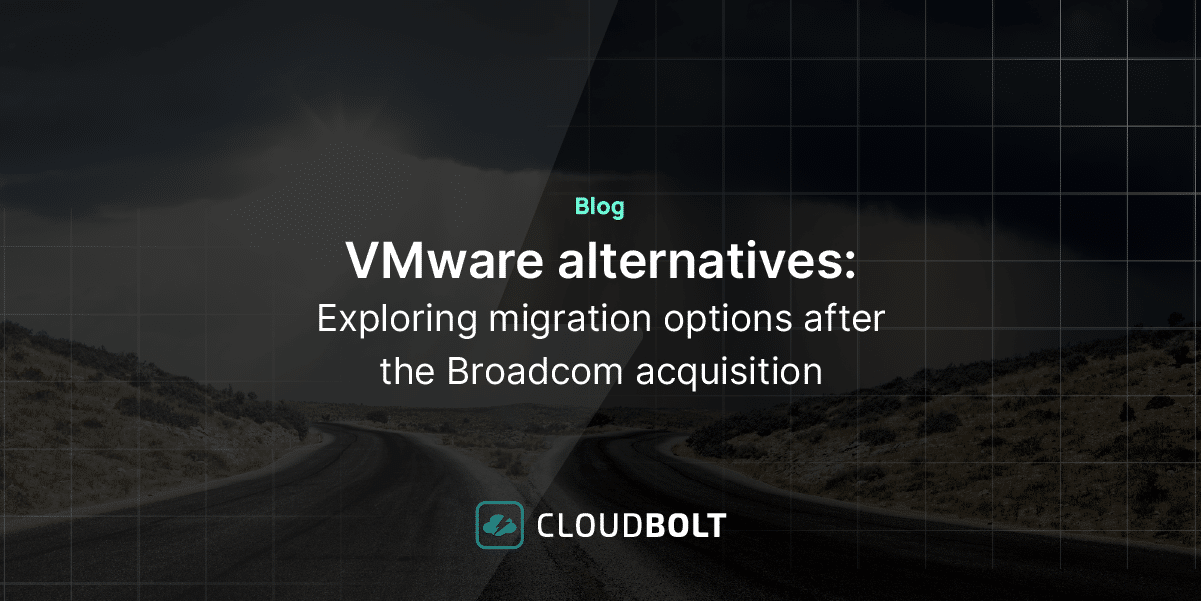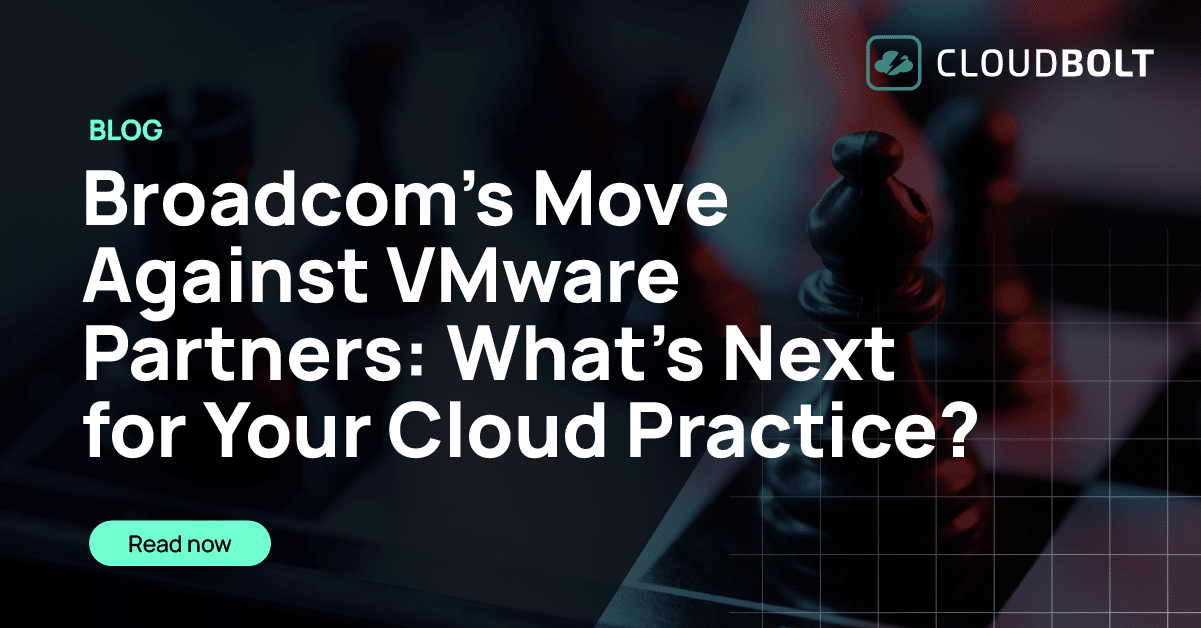
Admins responsible for managing their organization’s VMware vRealize Automation (vRA) may seem a bit anxious these days. That anxiety may grow over the course of the next 11 months leading up to September 2022.
Why?
If you run vRA, there’s a 98% chance that your organization is still running vRA 7, according to our newest CloudBolt Industry Insights (CII) research. VMware announced earlier in 2021 that it would stop supporting vRA 7 in September 2022. If you’re in the 2% that has already moved to vRA 8, then congrats, the decision won’t cause you to get more gray hairs.
But otherwise, your enterprise has a big decision to make, and one that according to this new survey, has been put off to a point in the future that could leave you dangerously at risk.
In May to July 2021, CloudBolt commissioned a global survey leveraging Pulse Research’s proprietary platform and vast IT audience. The survey was opened to companies of all sizes and 200+ responses were collected from vRA customers globally. The distribution of titles for respondents ended up being Director (56%), VP (27%), and CXO (17%). They answered a series of 11 vRA-specific questions, from which an interesting picture clearly emerged.
We’ve gathered the findings into our 4th CII report of 2021, The Truth About First-Generation Cloud Management Platforms: A Focus on VMware vRealize Automation.
The Key Findings of Our CII vRA Report
Here are the topline findings of our research on vRA:
- vRA 8 has been available since October 2019, yet only 2% have deployed it.
- The top 3 problems with vRA revolve around integrations: the enormous amount of custom code required, major releases cause huge re-writes, and low to no visibility of what flows through integrations.
- 59% of vRA customers have more than half of all their integrations custom coded; almost all (92%) custom code at least a quarter of their integrations.
- 68% cited the ability to integrate with multiple solutions and tools as the single most important improvement vRA can make.
- The top 2 reasons companies cite for wanting to leave vRA: pain of migrating to vRA, and pressure to buy “Enterprise” edition to maintain current capabilities (which is nearly double the cost of other editions).
- 79% of vRA customers say they’ll migrate to vRA 8 sometime in the next 12 months, with only 57% being more definitive and saying they will migrate in 2022 specifically.
- 91% of vRA customers currently use, plan to use, or want to use Terraform for Infrastructure-as-Code, which will lead to more integrations.
What the Findings Mean for vRA Customers
Ultimately, these key findings from the research can be grouped into three primary themes:
- Migration hesitancy surrounding vRA 8
- Top challenges/issues associated with vRA 7
- Augmenting with other tools to make vRA better
VMware provided a revolutionary technology at its outset, virtualizing datacenter infrastructure in a way that changed the IT industry forever. And yet, VMware and its vRA product specifically, may be struggling with the New Cloud Order.
Gone are the days of one public cloud and all workloads being on VMware. Organizations want to offer true self-service across multiple clouds and virtualization platforms. They want Terraform, they want CI/CD/CIT, they want DevOps. These are challenging requirements – even for a market leader.
We will discuss more of the specific issues raised by our survey in subsequent blog posts.
Related Blogs

Top 3 cloud financial management challenges
Introduction As cloud costs continue to rise, comprising an ever-larger share of IT budgets, there is increasing executive scrutiny on…

